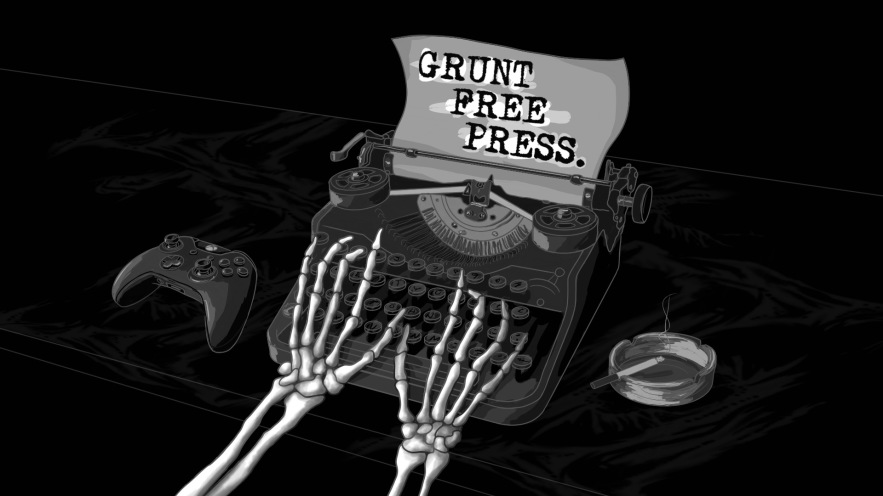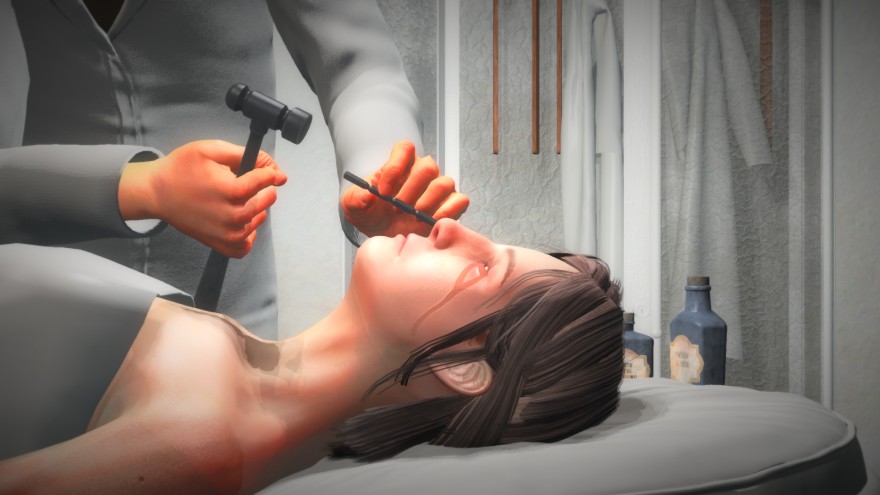The Town of Light Review (PC)
The Town of Light takes a mature, serious look at the (mis)treatment of the mentally ill and the dehumanization and loss of self and power that results from being institutionalized. The game is purportedly based on true events, though the story told is unfortunately common enough that it doesn't really matter. Taking place in late '30s to early '40s Italy, you rummage through a derelict mental hospital triggering story beats through exploration and light puzzle solving. The narrative is depressing, the outlook is disheartening, but the game is not particularly any good.
There's a confusion of identity in The Town of Light, and it doesn't feel like an intentional design decision to help the player identify with the plight of the main character Renee. The game tries to create an atmosphere by avoiding cheap jump scares in favor of disorientation and unease, which I'm generally in favor of. The execution is spotty at best; it tries to present itself as “realistic”, but falls back on tired horror game tropes like endless hallways, creaky doors, howling wind, and the entire premise of the rusted, abandoned mental institution is entirely unnecessary. A period piece set contemporaneously with Renee's story would have been more than sufficient, and probably more powerful. Instead you're asked to wander hallways either endlessly without much direction, or ask for help and be pointed directly where you need to go to progress to the next chapter. This isn't exactly a well designed game. None of this is helped by the painfully slow walking speed, finicky cursor, or sometimes poor translation and spotty voice work, which all add to kill the pace of the game. There are good concepts here, they're just buried under quite a bit of chaff.
This is an “art” game and a walking simulator, and without diving head first into the debate about what the definition of a “game” is I still have to question why this exists in video game form when it would have worked just as well if not better in other mediums. The Town of Light tries to be a jack of all trades, mixing hand drawn static art, non-interactive cutscenes, letter correspondence, and traditional video game first person navigation and puzzle solving. The video game portions are the weakest, with an inconsistent frame rate, confusing level design, and unintentionally goofy interactions that derail any mood the game was aiming for. A graphic novel, animated short, or even a podcast would have resulted in a more cohesive experience.
The issues of mental health and the barbaric treatment of those who suffer from the affliction are important topics that are usually swept under the rug, even today. While it's refreshing to see games like The Town of Light tackle and expose this head on it's not a free pass for a shoddy game, especially when it's been done better before. Watching the trailers and reading the description for the game I was hoping for something as powerful as The Cat Lady (which had shades of Silent Hill), but upon completion I just felt hollow and a bit annoyed by an unremarkable, forgettable couple of hours. For those who want a real (as in: really real) look at the subject there are documentaries like Titicut Follies. For anyone who wants fiction about institutionalized horrors that are set in the same location and time period, there are films like Salo for the truly hardcore. The Town of Light just seems like an admirable but unnecessary attempt to capture the lessons of those better works, but don't tell the developers that. In perhaps one of the least tasteful and garish displays of self-congratulation, some of the first interactive objects found in the game are a couple of awards for Best Storytelling the game received that you're free to pick up, rotate, zoom in on, and just admire. That's pretty fucking cheesy and a great example of how they just don't quite get it.


